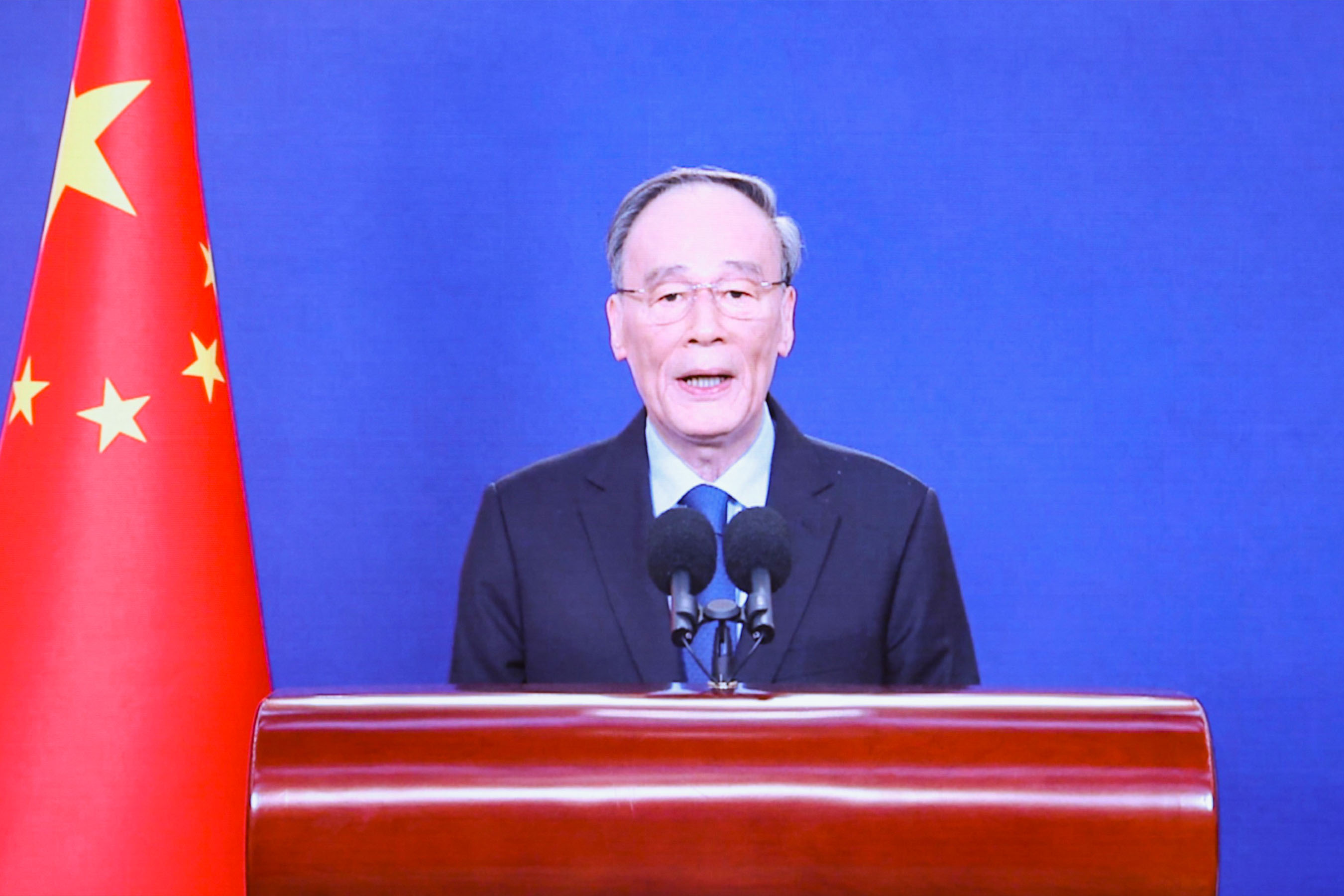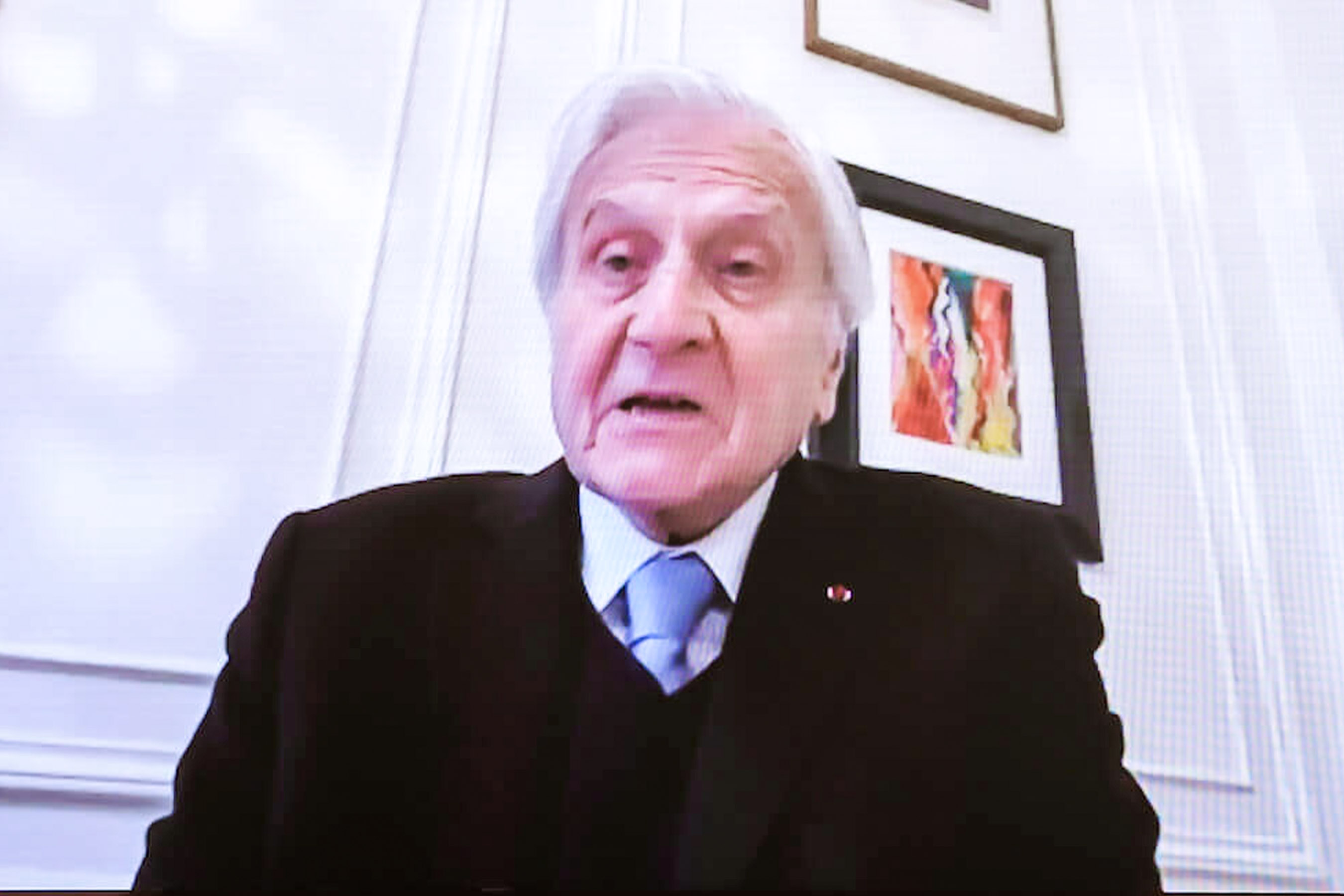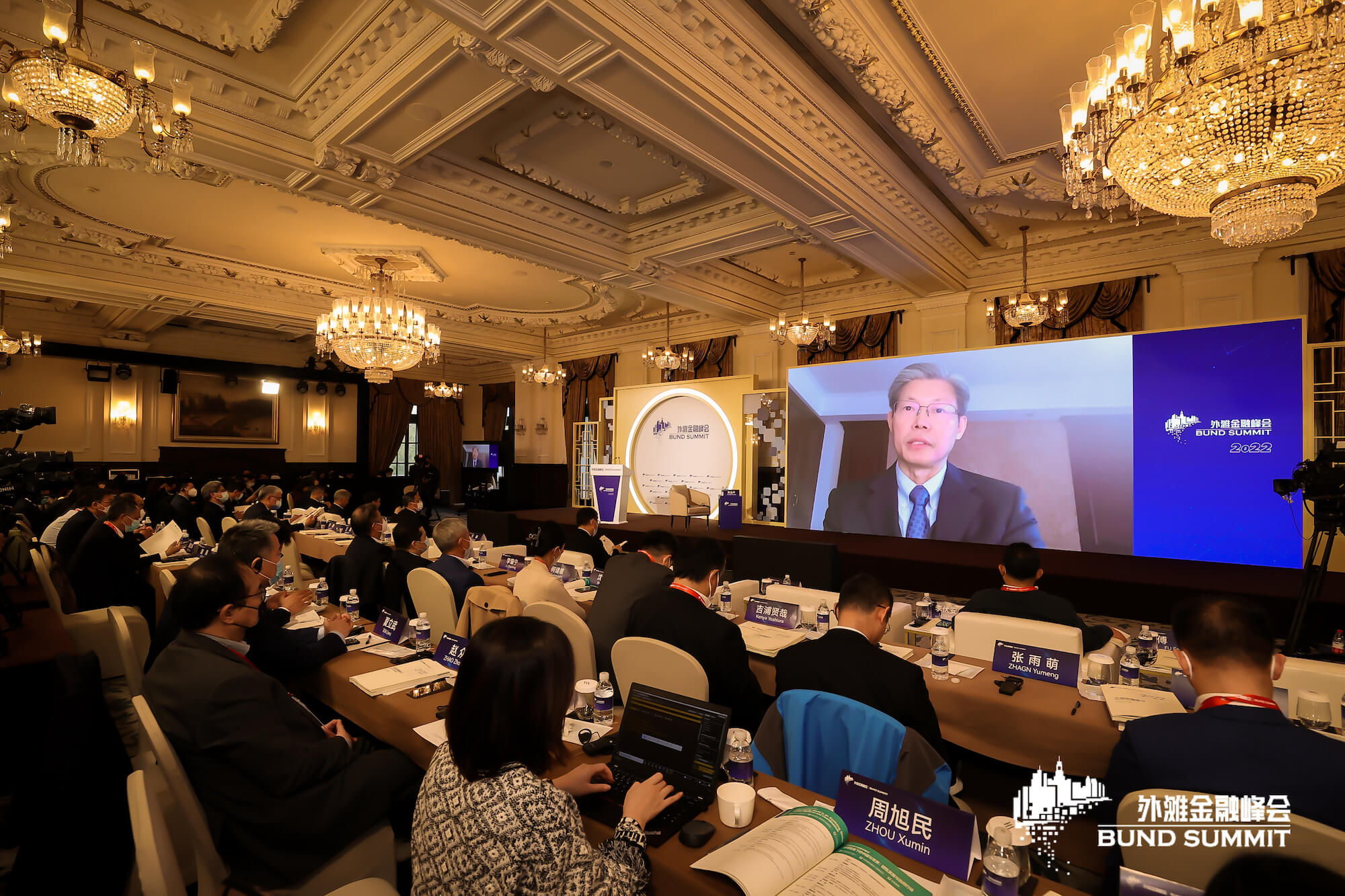

The dialogue explored the interest rate hikes by the Federal Reserve and their spillover effects, the trilemma facing the central bank, including inflation, economic recession, and financial risks, the fiscal sustainability of the United States, how emerging market economies can cope with related risks, and the bilateral relations between the U.S. and China. Mr. Rubin called on the two countries to deal with differences with respect to values and other issues as best as they could, while finding all the areas where they can work together, which is tremendously in the self-interest of both sides.

Robert RUBIN
The 70th Secretary of the Treasury of the United States;
Co-Chairman Emeritus, Council on Foreign Relations
HUANG Yiping
Chairman, Academic Committee, China Finance 40 Forum (CF40);
Director, Institute of Digital Finance (IDF), Peking University
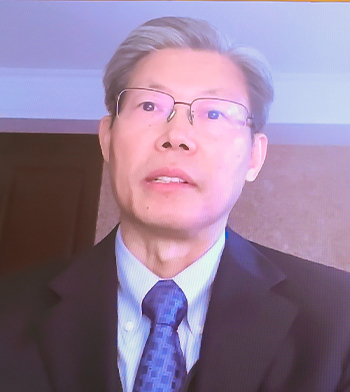

The central bank will step up efforts in transition finance standard-making, promoting climate information disclosure, and improving transition finance tools and incentives, while working towards a just transition.

XUAN Changneng
Deputy Governor, People’s Bank of China


The dialogue discussed around global inflation and climate change. They probed into the causes for today’s inflation, i.e., a supply-demand mismatch as a result of supply-side restrictions, demand surge, population aging, and labor supply and asset price adjustments, in addition to geopolitical and public health factors at play. They proposed that a combination of the digital economy and the real economy could drive productivity. They also expressed hope that high-income economies could provide more resources to vulnerable countries to help them cope with climate risks and build a more resilient economy.

Michael SPENCE
Philip H. Knight Professor and Dean, Emeritus, Stanford Graduate School of Business;
Senior Fellow, Hoover Institution, Stanford University
LIU Jun
President, Bank of Communications


The dialogue touched upon the global economic outlook, China-U.S. relations, and new opportunities facing international financial institutions in the Chinese market. Waldron noted that if China can navigate through this period with Covid and reopen, it would be a helpful stimulant to the global economy, which may well slide into recession. Bai’s contention was that China’s economic fundamentals remain in good shape and still boast immense possibilities in terms of the green revolution and technological advances. They added that China and the U.S. have great potential to work together on green finance, public health, and macroeconomic policy coordination based on a common understanding. They also looked into future possibilities for IFIs to invest in China and promote its high-quality growth with their efforts on sustainable and inclusive development.

John WALDRON
President and Chief Operating Officer, Goldman Sachs
BAI Chong-En
Dean, School of Economics and Management, Tsinghua University
Watch the highlights


